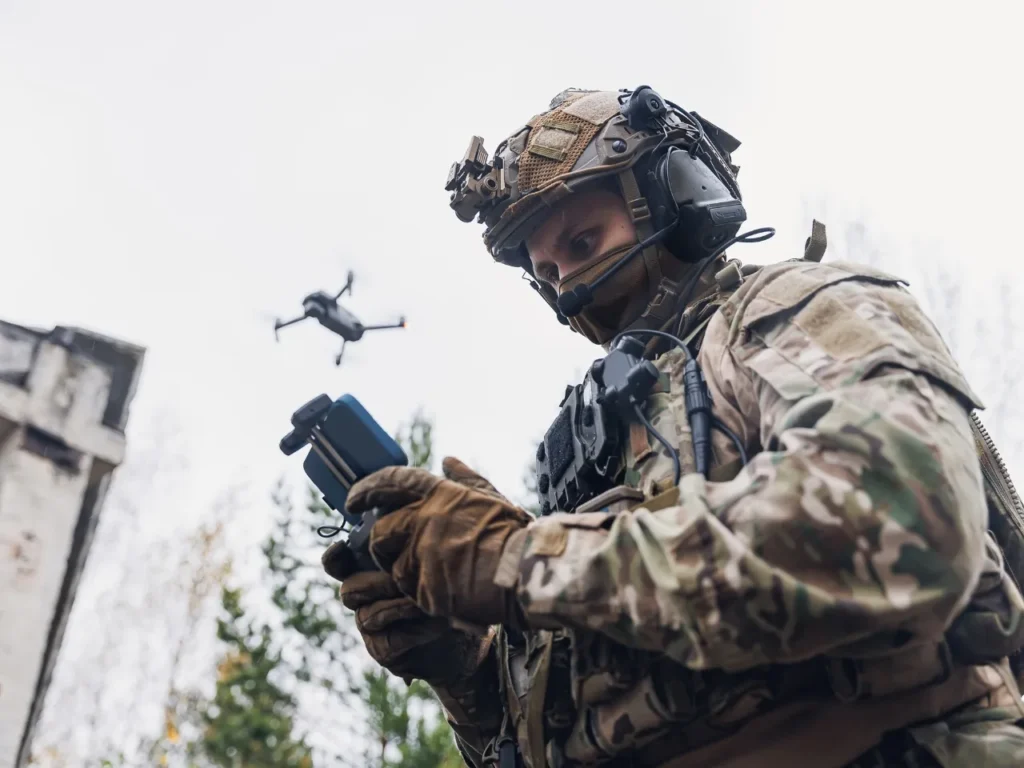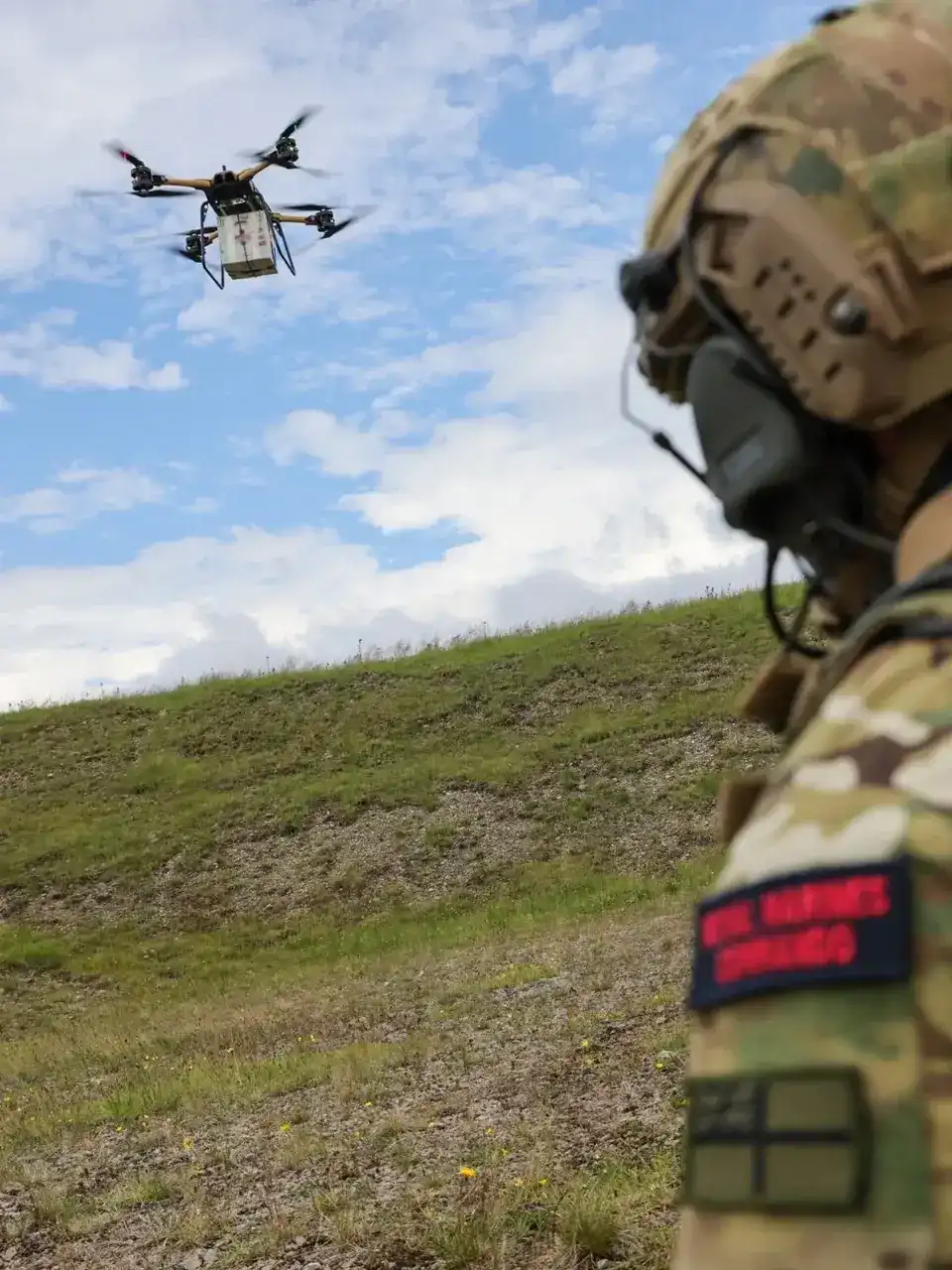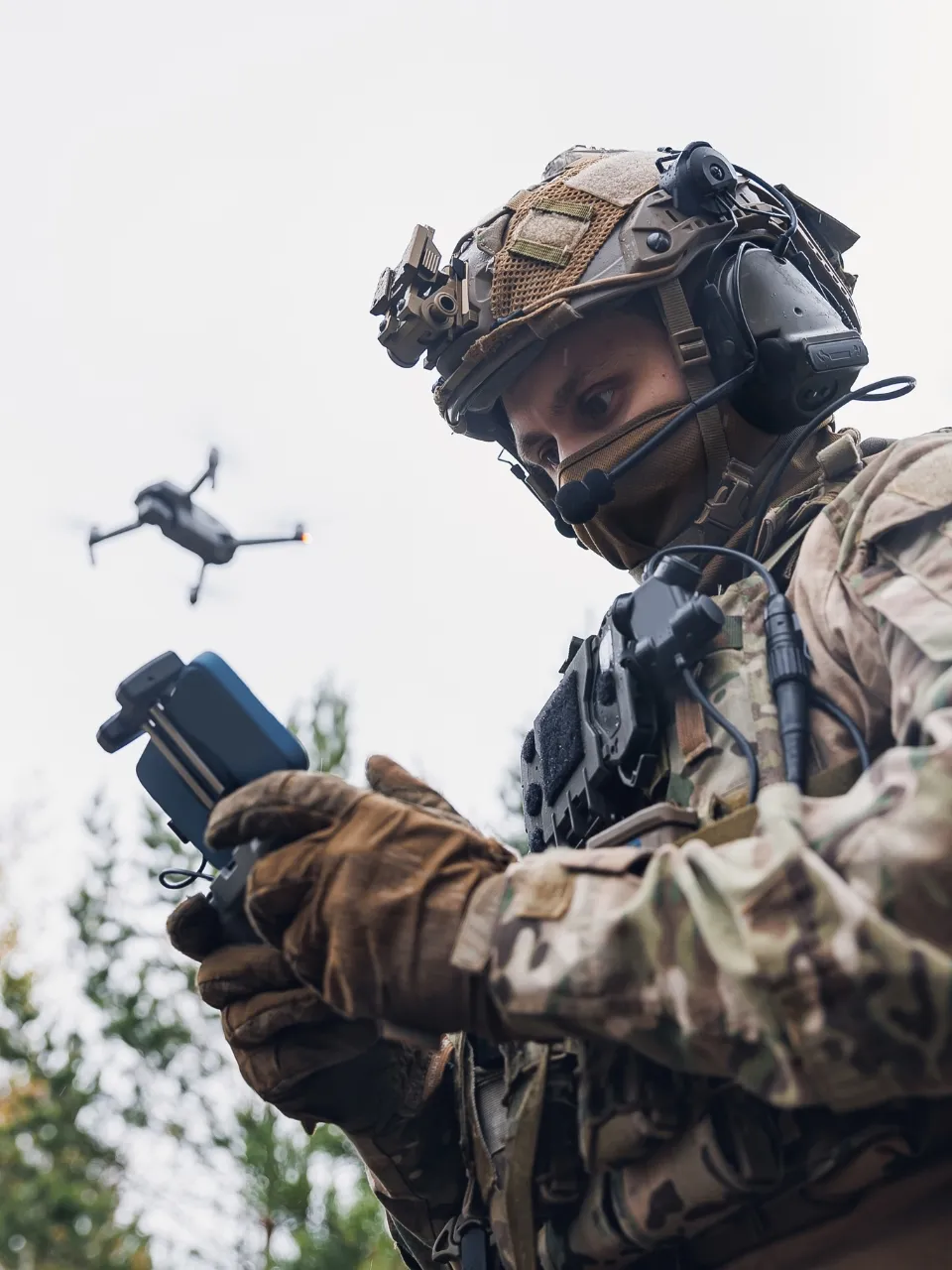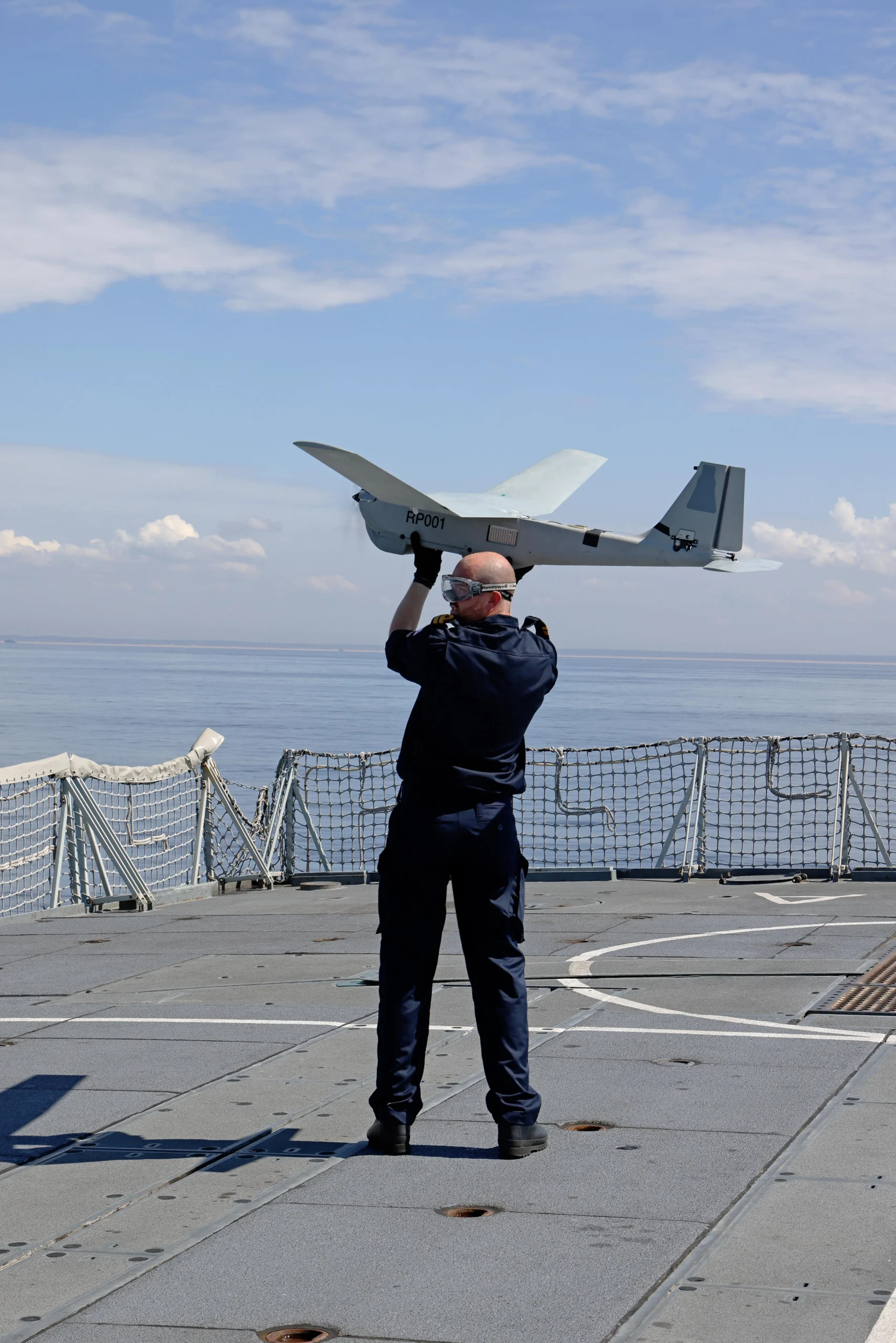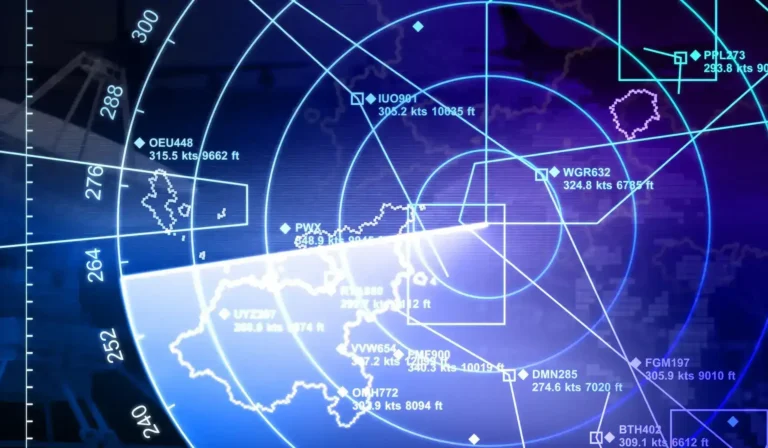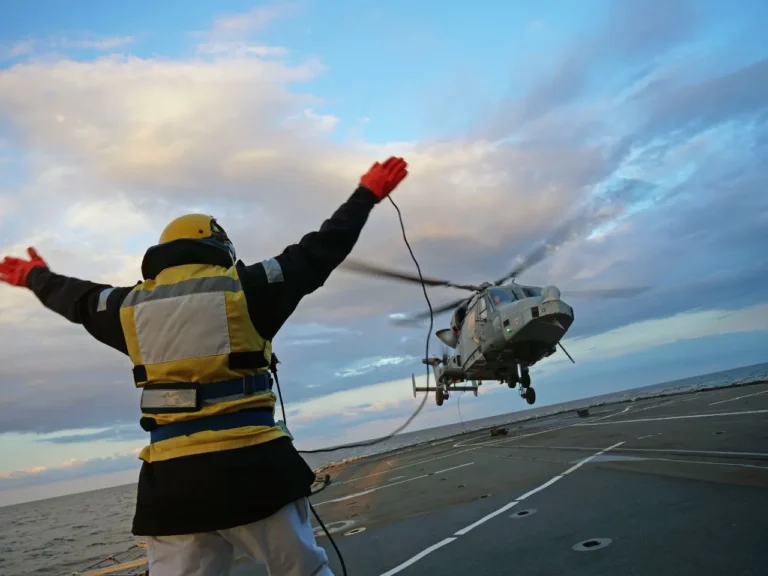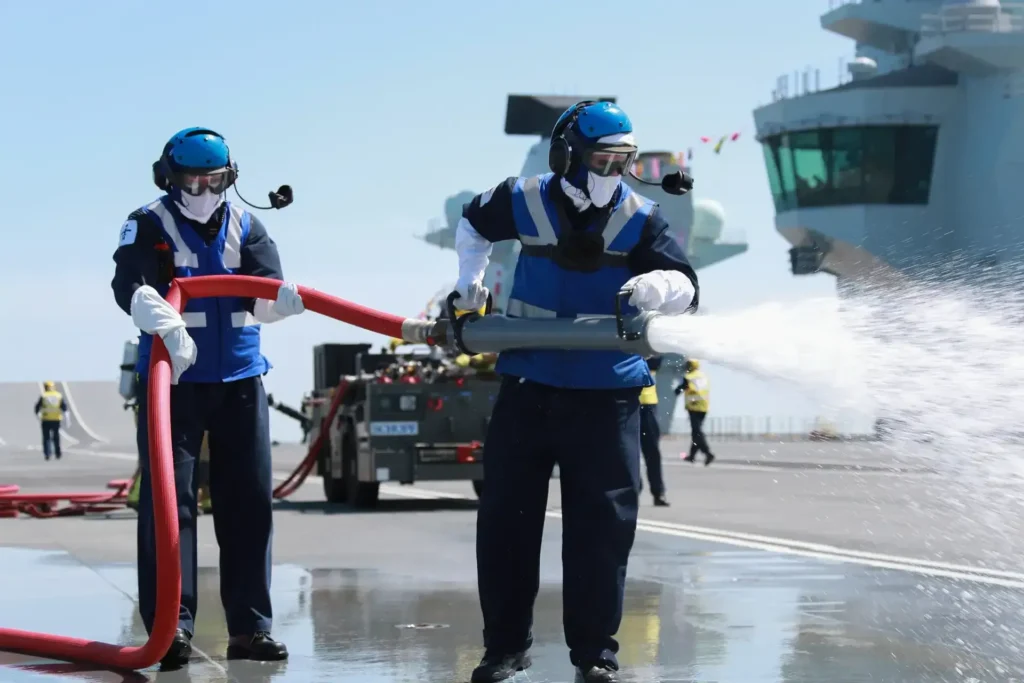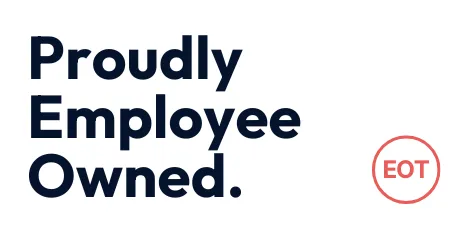- About Us
-
-
About Us
Safeguard Engineering was established to meet a growing demand for a safety and environmental engineering specialist, that is completely impartial, cost effective and operates with the highest levels of integrity and trust.
-
-
- Sectors
-
-
Sectors
Safeguard Engineering has a proven track record in supporting clients across the Defence and Commercial sectors, delivering innovative and reliable services that meet the highest standards of quality and efficiency.
-
-
- Capabilities
-
-
Capabilities
Safeguard Engineering provides a comprehensive range of cross-sector capabilities that ensures our clients can deliver their contractual requirements with confidence, in scope and on time.
-
- Maritime Overseer Support
- Ship Design Support
- Engineering Services
- Environmental Management
- Independent Safety and Environmental Audit / Advice
- Safety Management
- Aviation Safety Management
- Ordnance Munitions and Explosives
- Independent Safety and Environmental Audit / Advice
- Air Traffic Equipment
- Airworthiness
- Ship Air Integration
- Explosive Atmosphere Management
-
-
- Case Studies


